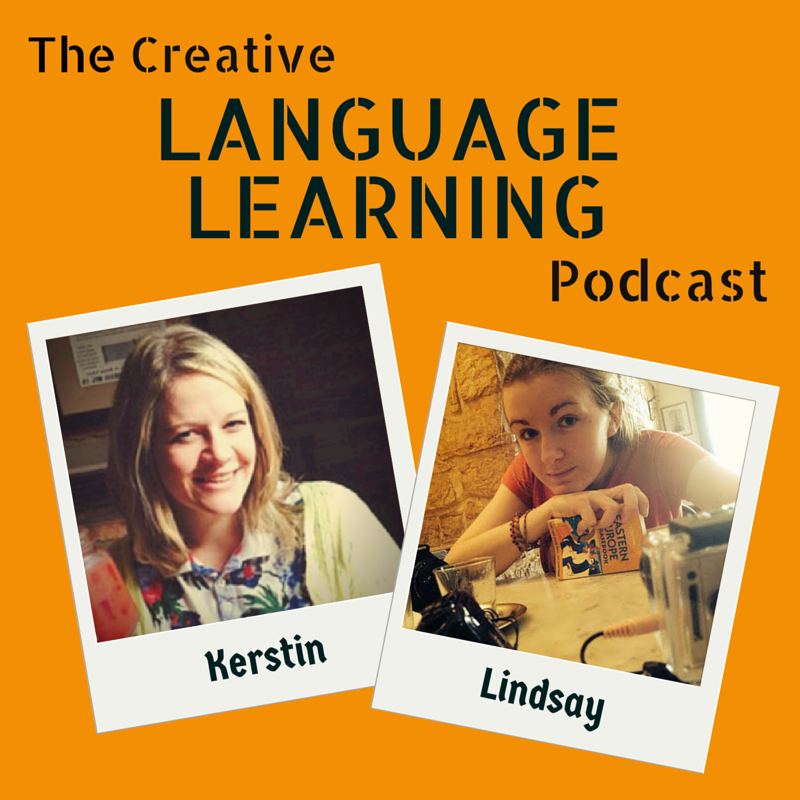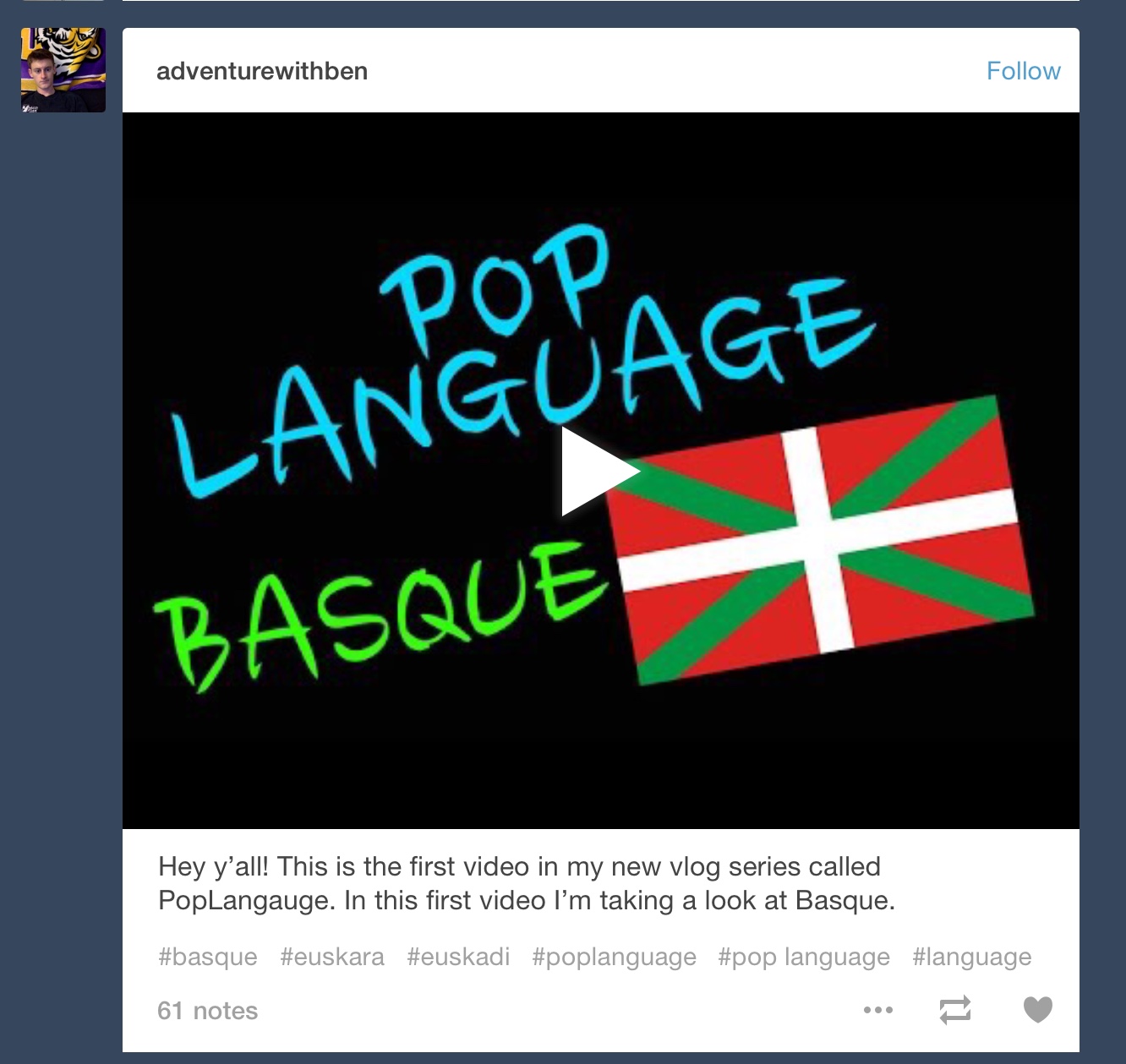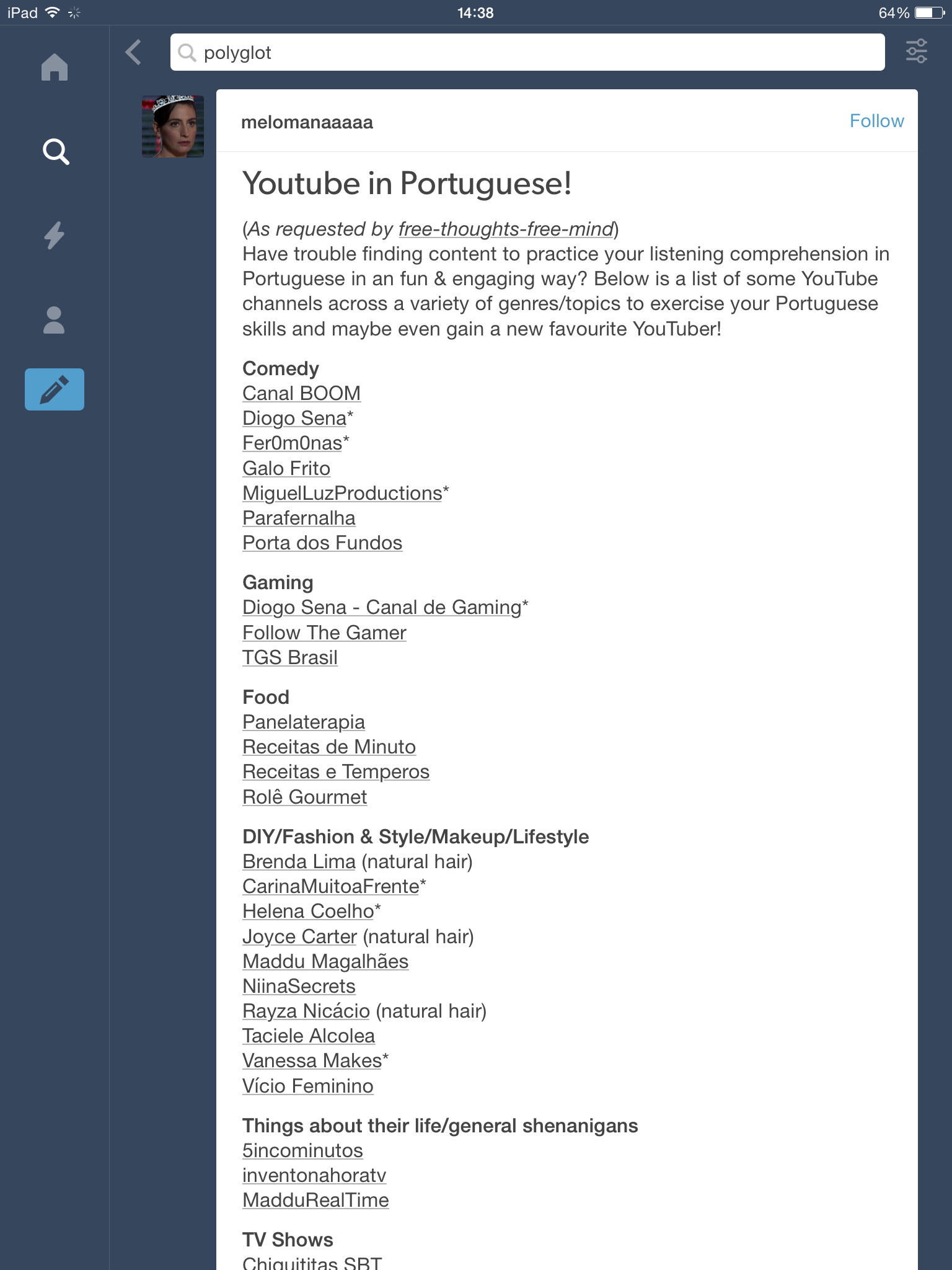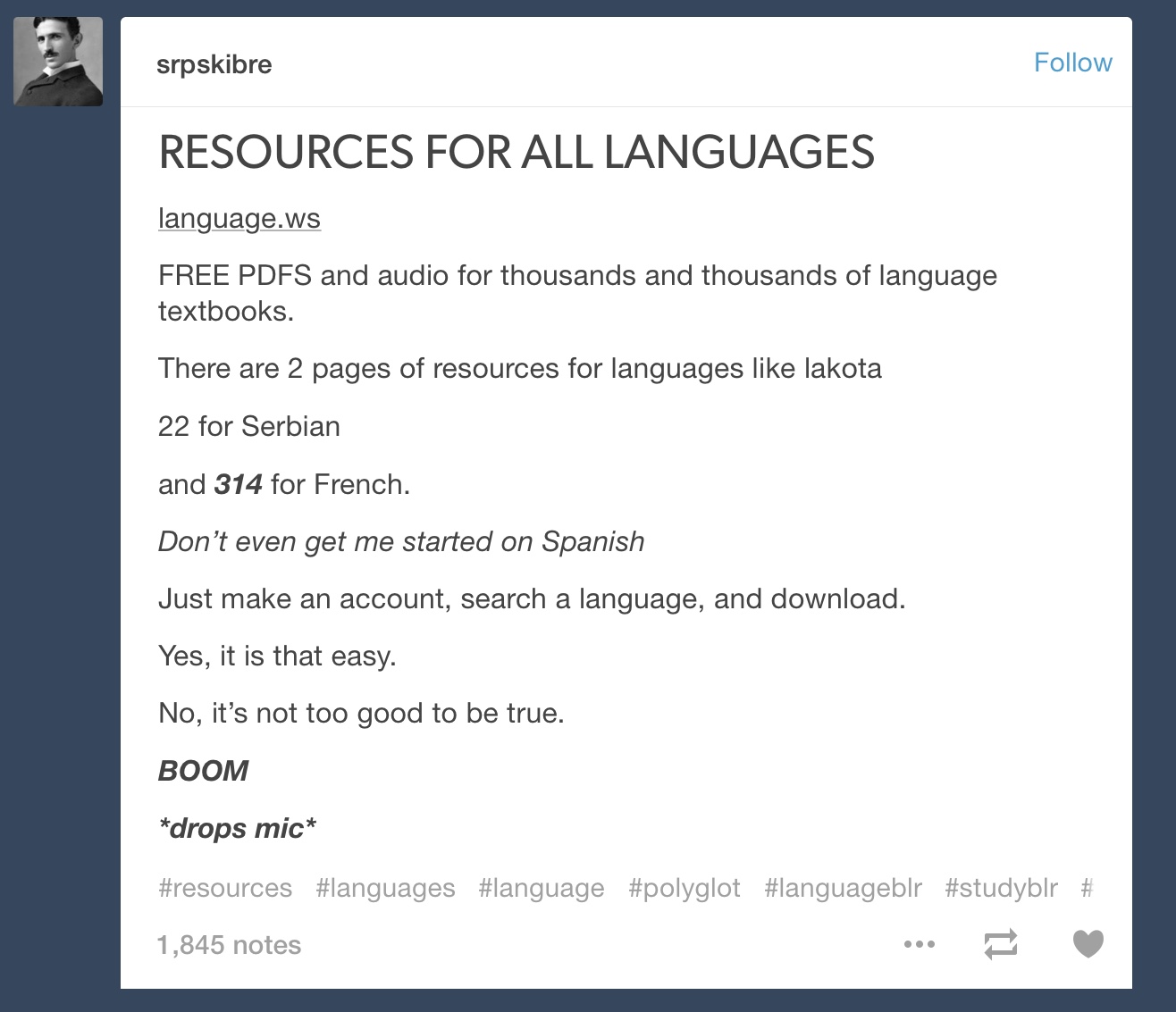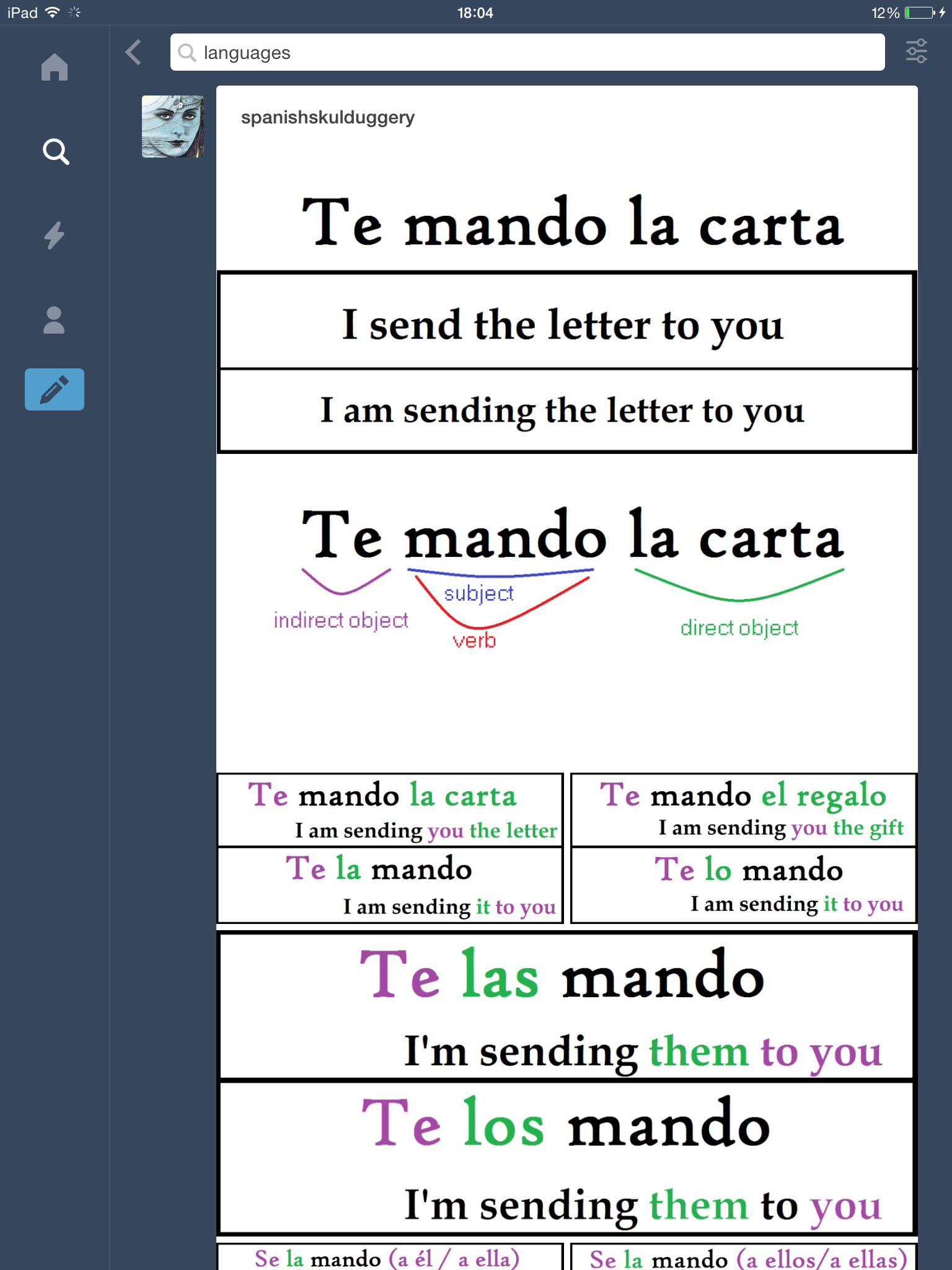It's episode 23 and I'm back with another lovely and inspiring interview. Tammy Bjelland sparkles with all the energy she brings to language learning and teaching. She teaches, trains, offers curriculum design and runs her own podcast, the Business of Language Podcast. Let her enthusiasm pull you along in this interview!
You'll hear about:
- What you're going to do with that language later
- The many secret benefits of languages in your career
- The 7 superhero skills of language learners: Empathy, Independence, Curiosity, Versatility, Creativity, Autonomy and Self-Discipline
- How group learning can be a HUGE advantage for you
- How to develop your custom curriculum
- Tammy's truly impressive looking course Language Learning Formula
"You have to learn to teach yourself a language. It's a skill in itself"
Tips of the Week
Tammy was by far the most decisive guest I've ever had on this podcast. She went straight for tip number one as your Tip of the Week!
1) Practice your pronunciation with Soundcloud
2) Practice your pronunciation and get instant feedback by talking to Siri in a foreign language
3) Make a food log in a foreign language (thanks for the tip to Ron Gullekson


